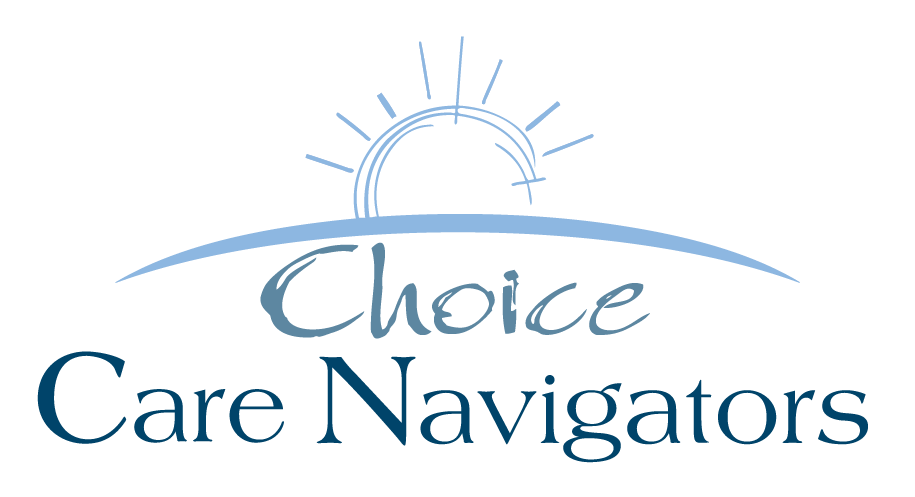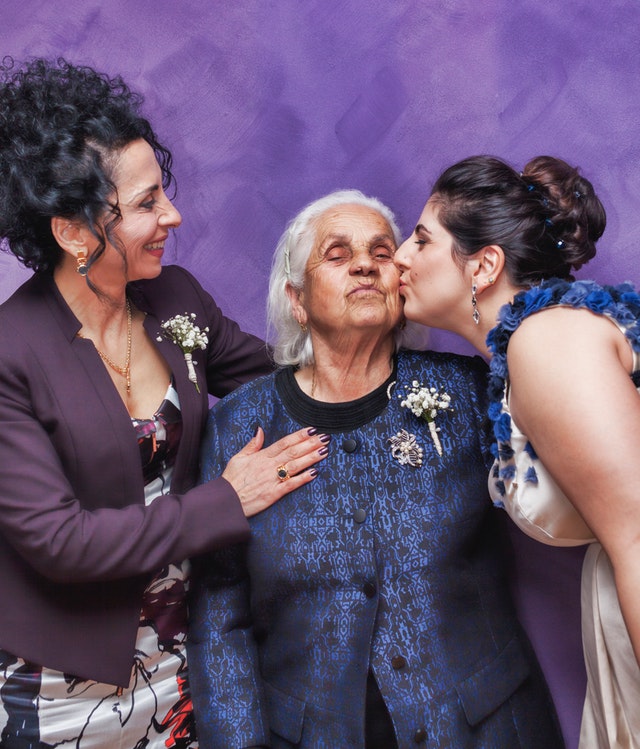The holidays offer opportunities for families to spend quality time together. Often, this extended time enables adult children to see changes in their parents as they go about their daily lives.
During this time, I talk to many families who are realizing their parents need help.
The conversation goes something like this:
“I have noticed that Mom and Dad are changing and need help, but my siblings don’t see it. How can we get on the same page?”
Getting family consensus on how to move forward can be quite challenging.
Noticing the changes
When you have a quick visit, you may not notice small changes. However, a longer visit may expose that those changes have accumulated enough that new plans are called for.
Perhaps your parents do not have the stamina they did last year, and need to sit down more often.
Perhaps they are more forgetful, or struggle to stay focused on family conversations.
Maybe they are struggling with the front steps or you recognize that one is providing care for the other.
Any new awareness may push you to have a conversation with siblings to discuss these changes and devise a plan for the future.
Making Plans
But making this new plan can be fraught with difficulty. While you might think dad is weaker and needs assistance to avoid falling, your siblings may not have noticed, or might argue that dad has “always” walked like that.
They might deny that your parents are changing, not wanting to admit they are aging or deal with those changes.
Either way, family members may resist making a plan of care, often until it is too late and a crisis has occurred, like a fall or broken bones, when action cannot be avoided.
Differences of opinion amongst siblings can be one of the greatest sources of stress when trying to help aging parents.
It isn’t that one sibling cares more about your parents than the other. Recognizing the changes that come with age and providing appropriate care is a complex problem that resists simple solutions.
And, most likely, no one in your family is an expert in adult caregiving.
Getting on the Same Page
It is important that you and your siblings continually monitor the health of your parents so that you may devise a plan of care you can all agree upon.
It makes sense that having all siblings involved in the care plan would make the caregiving workload easier. Yet, siblings can often be a source of stress if they disagree on how to best help your parents.
So how can you get everyone on the same page?
- Plan a meeting
This may seem obvious, but family discussions about a parent’s care should not occur randomly. You are likely to have a better outcome if the meeting has been planned and everyone knows what is going to be discussed. Whispers over Christmas dinner are not the way to do it.
- Set the stage
Realize that the people who want to be a part of the caregiving will show up, and others will not. Focus on the ones who showed up and thank them.
- Build consensus
It is unlikely that everyone will agree about what is happening and what, if anything, needs to be done. Try to come to an understanding by looking at doctors notes, hospital discharge papers, and any other reports that detail the situation.
Realize that you may not be able to convince everyone of the coming crisis. However, these things have a way of showing themselves over time. Be patient.
- Make a plan
Once you realize there is a potential problem you can start to make plans to support your parents. Everyone should be expected to contribute in whatever way they can at the time and tasks divided up accordingly. “Fair” doesn’t mean “equal.”
Realize too that these roles and responsibilities should be revisited and reassigned as circumstances change, both for your siblings and your parents.
Meetings such as this rarely happen without a few disagreements.
However, if you are coming together with the same goal, getting the best outcome for mom and dad, then you are headed in the right direction.
If you are worried about being able to facilitate a family meeting effectively, hire a geriatric care manager to help.





